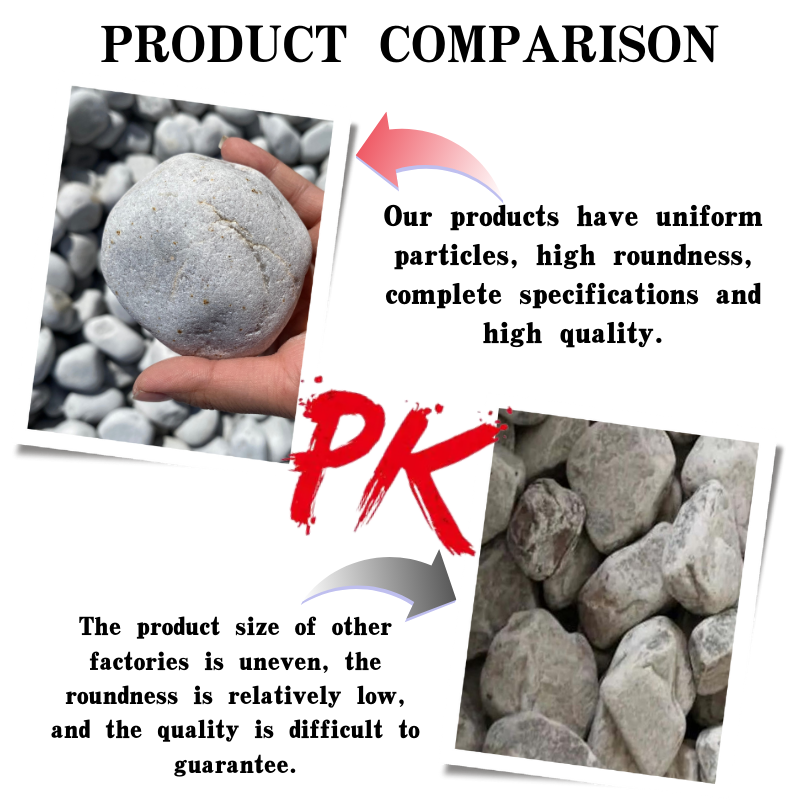
Exploring Innovative Applications of Custom Drilling Bentonite in Modern Construction and Environmental Solutions
The Importance of Custom Drilling Bentonite in Modern Applications
Bentonite, a versatile clay material formed from volcanic ash, is widely utilized across various industries due to its unique properties. Among its numerous applications, custom drilling bentonite has emerged as a crucial component in the construction and mining sectors, particularly for drilling fluids in various projects. This article delves into the significance of custom drilling bentonite, its properties, and its applications, emphasizing its role in enhancing drilling efficiency and effectiveness.
Understanding Bentonite and Its Properties
Bentonite is characterized by its high absorbent quality, which allows it to expand and form a gel-like substance when mixed with water. This property makes it incredibly valuable in drilling applications where maintaining stability in boreholes is essential. Custom drilling bentonite is specifically formulated to meet the unique requirements of different drilling projects, taking into account factors such as soil composition, desired viscosity, and environmental conditions.
The key properties that make bentonite an ideal choice for drilling applications include its thixotropic behavior, high plasticity, and excellent sealing capabilities. Thixotropy enables the material to maintain its structure when at rest and to flow when disturbed, providing the necessary consistency for efficient drilling operations. Its plasticity ensures that the bentonite can fill voids and crevices in the drilled formation, reducing the risk of cave-ins and keeping the drill bit cool during operations.
Customization for Specific Needs
The concept of customization in drilling bentonite is vital for ensuring optimal performance in various conditions. Different drilling projects may involve diverse soil types, such as clay, sand, or rocky formations, each requiring a tailored mixture of bentonite to achieve the best results. Custom drilling bentonite can be adjusted by altering its viscosity, density, and chemical composition based on specific project parameters.
custom drilling bentonite

For instance, a drilling project in a loose sandy environment may require a bentonite with higher viscosity to improve the suspension of cuttings and maintain the integrity of the borehole. Conversely, projects in more stable geological conditions may favor lower viscosity options. Additionally, the introduction of various additives can enhance the performance of custom bentonite, offering properties such as improved filtration control, increased stability, and reduced environmental impact.
Environmental Considerations
As industries move towards sustainable practices, the use of environmentally friendly materials in drilling processes has gained prominence. Custom drilling bentonite can be engineered to be non-toxic and biodegradable, reducing the ecological footprint of drilling operations. This is particularly important in sensitive areas or when drilling for natural resources near water bodies.
Moreover, advancements in the formulation of bentonite have led to the development of products that minimize the amount of waste generated during drilling. By optimizing the drilling fluid properties, the amount of bentonite required can be reduced, thus decreasing disposal costs and potential environmental risks.
Conclusion
In summary, custom drilling bentonite plays an essential role in modern drilling applications, offering tailored solutions that enhance efficiency, stability, and environmental responsibility. Its unique properties make it indispensable in ensuring safe and effective drilling operations across various industries. As demand for precision and sustainability continues to rise, the development and use of custom drilling bentonite will undoubtedly remain a focal point in advancing drilling technologies and practices. The future of drilling lies not only in the engineering of robust materials but also in the commitment to sustainable and responsible resource extraction.
Share
-
Premium Pigment Supplier Custom Solutions & Bulk OrdersNewsMay.30,2025
-
Top China Slag Fly Ash Manufacturer OEM Factory SolutionsNewsMay.30,2025
-
Natural Lava Rock & Pumice for Landscaping Durable Volcanic SolutionsNewsMay.30,2025
-
Custom Micro Silica Fume Powder Manufacturers High-Purity SolutionsNewsMay.29,2025
-
Custom Mica Powder Pigment Manufacturers Vibrant Colors & Bulk OrdersNewsMay.29,2025
-
Custom Micro Silica Fume Powder Manufacturers Premium QualityNewsMay.29,2025






